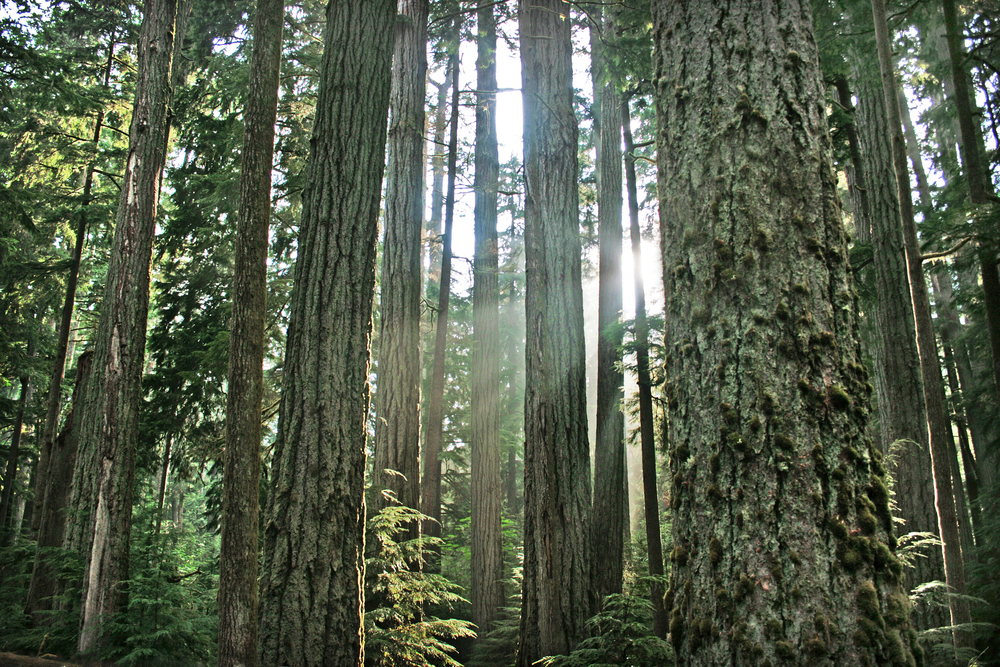Prices for Australian hardwood timber have doubled over the past year, largely due to the Western Australian government’s ban on native forest logging, which took effect on January 1, 2024. The restrictions prohibit logging of native hardwoods such as karri and jarrah, traditionally used for flooring, furniture, and firewood. This move, mirrored by similar regulations in Victoria, has significantly reduced domestic timber availability.
Geoff North, a long-rotation tree farmer in Western Australia’s Great Southern region, reported the value of his hardwood, including blackbutt and Sydney blue gum, has surged since the restrictions began. "The prices reflect not only limited supply but also strong demand for high-quality sawlogs," North said.
With reduced domestic supply, industry representatives confirm an uptick in hardwood imports. "There has definitely been an impact; mills are struggling to find large logs," said WA Forest Industries Federation Chief Executive Adele Farina to Australian ABC News. Some local mills now rely on thinning programs or smaller logs, but the shortage has led suppliers like Alan Basada to import timber from Asia to fulfill orders for the mining and maritime industries.
North’s investment in sustainable hardwood farming has proven advantageous amid the timber scarcity. "We planted over 350,000 trees over 20 to 25 years, and the returns reflect that preparation," he explained. Farina noted that recent contracts for forest thinning around mine sites may ease pressures slightly but emphasized that some buyers are increasingly turning to foreign hardwoods to meet demand.
